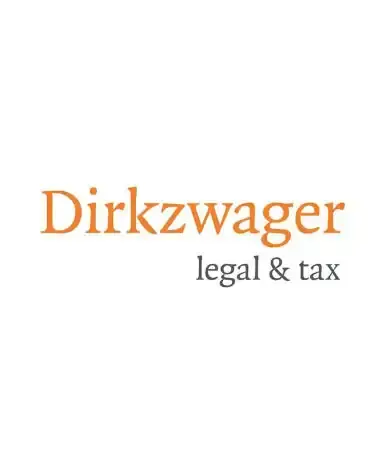Work and residence permits
There are two types of (work) permits. The work permit (TWV) and the combined residence and work permit (GVVA). The Foreign Nationals Employment Act (Wav) regulates that an employer is obliged to apply for a TWV or a GVVA for migrant workers coming from outside the EU or EEA (except for Switzerland). The employer does not have to apply for a TWV or GVVA for migrant workers from an EU or EEA member state or from Switzerland.
An employer must apply for a TWV for a foreign employee who will be working in the Netherlands for a period of less than 90 days or when the foreign employee is part of a certain group, such as students with a valid residence permit for study who want to have a side job besides their studies. In addition to this work permit, the foreign employee must have a short-stay visa. The TWV must be applied for at the UWV.
An employer must apply for a GVVA for a foreign employee who will be working in the Netherlands for a period longer than 90 days. The GVVA regulates the stay and the work, which means that the foreign employee, unlike the TWV, does not have to have a visa as well. The GVVA must be applied for at the IND.
Conditions
The TWV or GVVA is granted if several (strict) conditions are met:
(1) No offer on the employment market
The most important condition is that there should be no prioritised offer on the employment market. In other words: no suitable Dutch employee or employee from an EU or EEA member state (or Switzerland) can be found. The vacancy for the job must have been reported to the UWV at least five weeks before the application for the permit was submitted. In addition, the employer must be able to demonstrate that he has made sufficient efforts to fill the vacancy by prioritised offers. This usually means that the employer must have searched through various channels for at least several months (e.g., placing advertisements (on the internet) and using recruitment agencies).
(2) Dutch interest
It may not concern a position for which it is not in the Dutch interest to have a foreign employee occupy it. It may not concern a category of work or employees for which a limit has been set on the number of permits to be granted and this limit has been reached.
(3) Employment conditions
The terms of employment, working conditions and employment relationships are in line with the market. What matters is what is considered 'normal' in the sector concerned. The foreign employee must also earn at least the minimum wage for a period of one month.
(4) Provisional residence permit
The foreign employee has a valid residence permit or a provisional residence permit (applied for) and has not been refused or withdrawn a residence permit before. In addition, several other requirements apply. For example, the foreign employee must submit a copy of a valid passport or travel document, a statement of antecedents and must undergo a TB test.
Alternative: specific residence permits
For several specific cases, the possibility exists to apply for an alternative residence permit for work. The following residence permits will be discussed in the coming articles:
- Residence permit for work: the highly skilled migrant;
- Residence permit for work: the orientation year highly educated persons;
- Residence permit for work: the European blue card;
- Residence permit for work: intra-corporate transferee;
- Residence permit for work: the researcher;
- Residence permit for work: category other & pilot.
Do you have any questions?
Do you want to hire a foreign employee, but have doubts about the required permit(s), or do you have another question about the search for employees across the border? Then please consult this article series in which the specific residence permits for labour are discussed or contact us directly.


